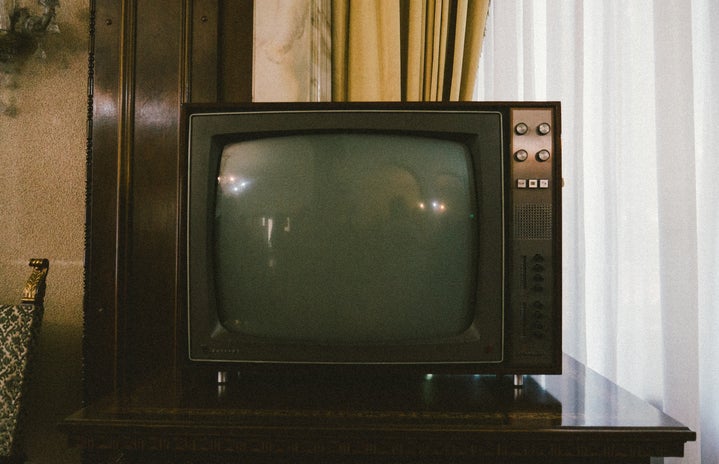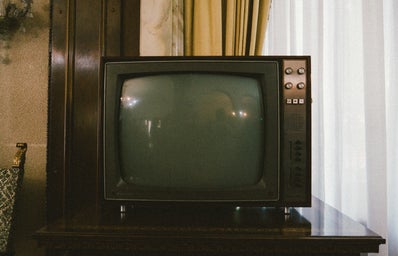TV Producers like Ekta Kapoor and Sooraj Barjatya are known to have revolutionized the Indian Drama Industry with recordbreaking serials like ‘Kyuki Saas Bhi Kabhi Bahu Thi’, ‘Kahaani Ghar Ghar Ki’ and ‘Kasauti Zindagi Ki’. Every Indian millennial we know must have watched these TV serials with their families.
But from the last decade, the essence of the Indian TV Industry has been destroyed completely. The beauty, innocence and simplicity of the original relatable TV characters cannot be found now. Also, the current woke generation of people have started pointing out certain disturbing facets of these popular TV serials.
The worst aspect of such serials is the portrayal of women in it. The actresses are either some poor damsel in distress or a villain. The typical ‘sanskaari’ daughter-in-laws are always traditionally dressed with a mandatory vermillion on the forehead and a nuptial chain around their neck while the villain is always seen to be dressed in short clothes. It is almost as if they want to paint the character of a woman on the basis of the clothes she wears.
The typical ‘saas-bahu’ drama, and the patriarchal oppression perpetuated by the mother-in-laws is a repetitive concept of every other drama on Indian TV right now. These shows always try to depict that a mother-in-law and her daughter-in-law can never have a loving relationship. Somehow, the daughter-in-law is never good enough for the son. The life of the daughter-in-laws of the serials is confined till the kitchen. Never have I seen an independent and working main lead.
The internalised misogyny between all the women on the show is at times really frustrating and suffocating. They are always trying to pit other women against each other. I have never seen women in such serials supporting each other from start to the end. They are always seen to be fighting each other for the main hero of the serial, the ‘perfect’ husband of the allegedly ‘imperfect’ wife.
Another toxic aspect normalized in serials is abuse. The allegedly ‘imperfect’ daughter-in-law is the most common victim of abuse in households. She has to carry the burden of being impossibly perfect which is to be done by tolerating abuse. She is supposed to listen to all the verbal jabs and taunts thrown towards her by her in-laws while keeping aside her self-respect in the process. Any retaliation from her side will turn her into an ‘imperfect’ or ‘non-sanskaari’ bahu.
TV serials have a wide reach and range of audience and producers should make good use of it by promoting healthy relationships, non-toxic households and empowered women. However, there is a great hindrance in this noble cause. The Indian audience love to watch these toxic dramas and the producers naturally would prefer to make profit out of it. This has turned into a never ending cycle, the makers producing a deranged TV serial and the audience loving it which further encourages the production of more such serials. This portrayal of patriarchy and misogyny in TV serials in an already patriarchal and misogynistic Indian society causes a lot more damage. It somehow sets a notion that a certain irrational behaviour sketched on TV is normal to be enacted in real life as well. It is high time we all cancel this toxicity shown in the name of entertainment and promote healthy, empowering and feminist dramas.


